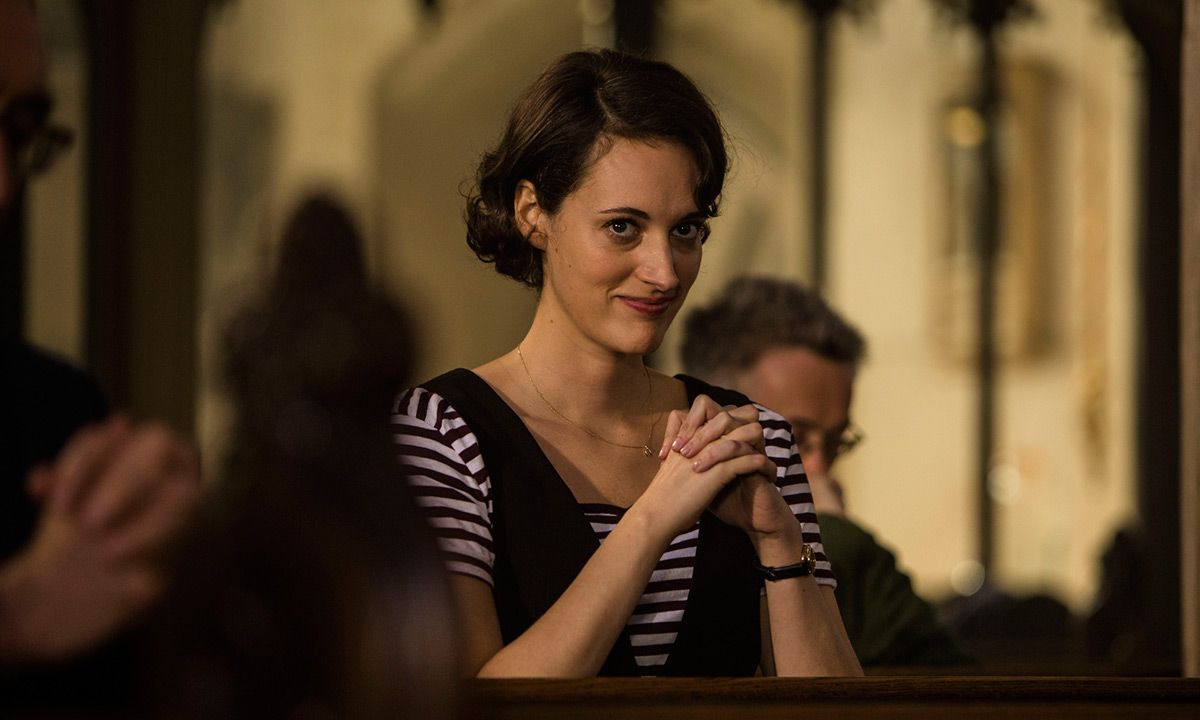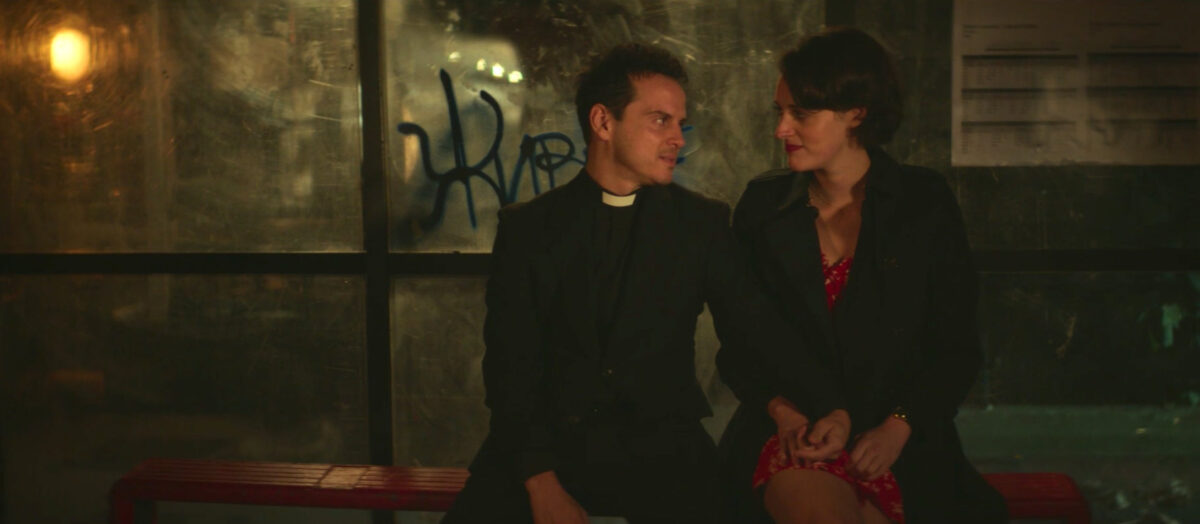‘Fleabag’ Is Probably Never Coming Back, and That’s Okay

We were recently overjoyed to hear that our beloved Phoebe Waller-Bridge will be blessing us with her talents yet again with two new projects as part of a three-year deal with Amazon. The first project will be an adaptation of the novel Sign Here, about a man who works in the “deals department” on the Fifth Level of Hell. And the second will be a television adaptation of Tomb Raider. Both sound delightful and like they’ll thrive under the Waller-Bridge touch.
But all this news does leave us with one glaring question: Will there be a third season of Fleabag? Well … no, there won’t be. But don’t cry yet. Let’s talk about it.
All good things

People love Fleabag for a lot of good reasons. It’s a highly empathetic show that doesn’t lean too hard into its more dramatic moments. In a time when everyone tries to “girlbossify” their female characters, Waller-Bridge wrote a very honest script about a very raw human being who is like most human beings: multifaceted and difficult to pin down with just one or two signifiers.
The show also touches on many things that people have difficulty digesting in their personal lives, such as grief, family troubles, processing trauma, and the pains of love. The ways Fleabag herself copes with these problems are ways that many people utilize as well, such as using humor to deflect, having constant hookups regardless of quality, isolating oneself, and so on. In many ways, Fleabag is something of a survival hero for modern women, so it’s a no-brainer that most people want more of her.
But the thing is, the show has already ended on a perfect note. Fleabag found love in her “Hot Priest,” and for as long as it lasted, it was an incredibly good, healing thing—for both of them. But ultimately, he was unwilling to let go of his profession to be with her, and that’s his right, as well as something that just happens in life. So they admit they love each other and then they go their separate ways, and that’s that.
And I honestly think this is a pretty radical way of ending a show about a woman. How often do shows about us end with a relationship? As though such things are our salvations in life; the band-aids over our problems. I feel like society still doesn’t understand that women endure as much pain and loneliness as men, and that the perceived value of a woman is still rooted in how much she gives and receives from others. Relationships shouldn’t be standards by which we measure our successes; they should be things that fill us and help us grow, regardless of how long they end up being.
By showing that Fleabag doesn’t get her love interest and instead is forced to keep moving forward with her life—this time with the growth and knowledge that came from this relationship (the growth being a heightened sense of self-worth, and the knowledge that she is, indeed, capable of being loved by people who are ACTUALLY good for her)—Waller-Bridge is telling us that we are going to be okay. Life is a highly unpredictable thing with constant ebbs and flows, and just because we don’t get what we think will save us, it doesn’t mean the world is ending. We’re stronger than we think. And there will always be new meaning to be had in every end and beginning.
(featured image: Prime Video)
Have a tip we should know? [email protected]
